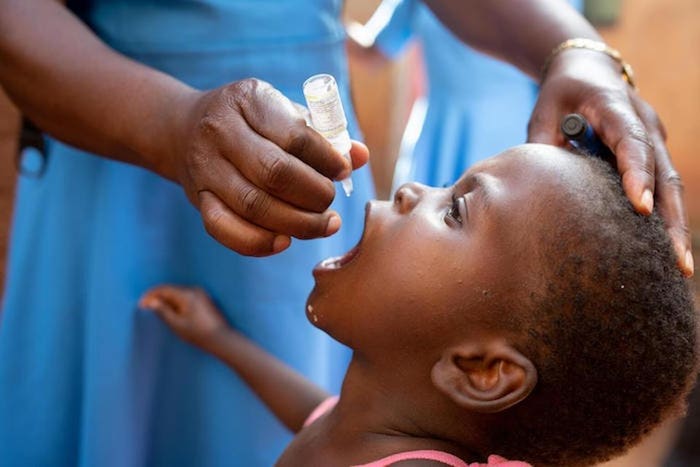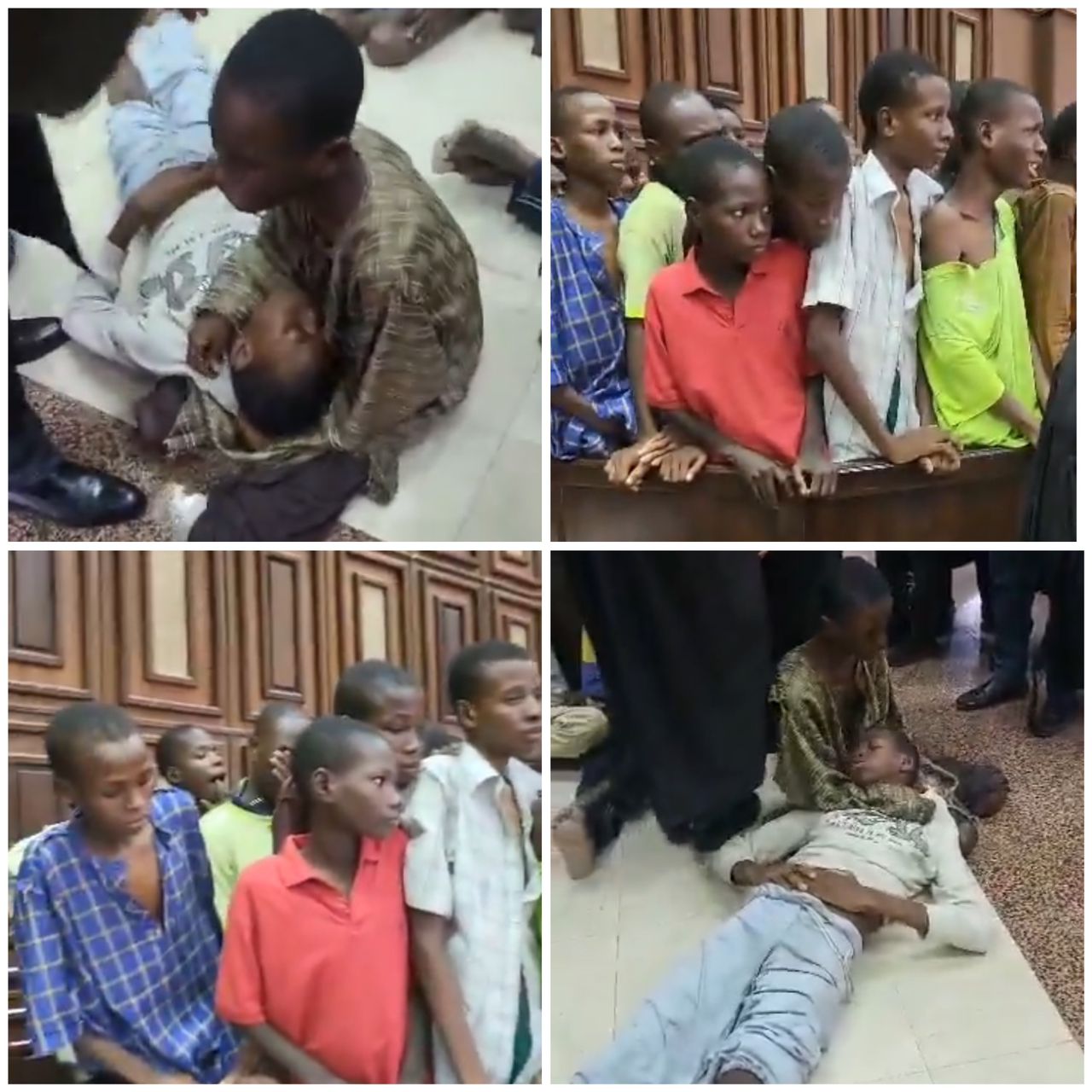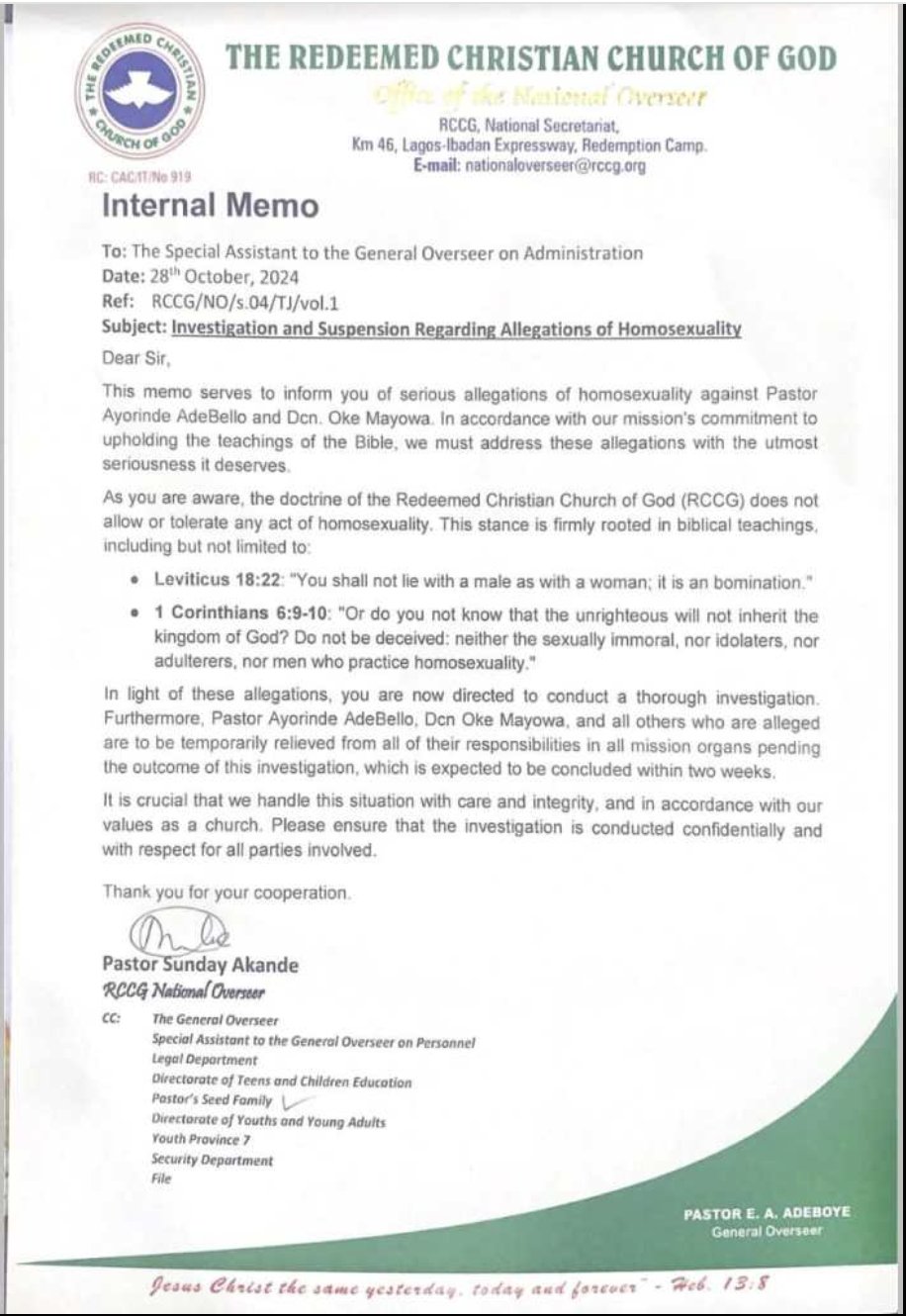
On Friday, Walter Mulombo, the Country Representative of the World Health Organization (WHO) in Nigeria, highlighted the urgent requirement for vaccines in Nigeria to address the significant number of children who have not received any doses. Mulombo further emphasized the need for collaborative efforts to enhance local vaccine manufacturing capabilities, citing the unfairness experienced by countries due to the Covid-19 vaccination situation.
During the handover ceremony in Abuja, where the Indonesian government donated pentavalent vaccines to Nigeria, Walter Mulombo, the WHO Country Representative, expressed the critical need for vaccines in Nigeria. He stated that Nigeria urgently requires vaccines to address the significant number of children who have not received any doses, and he expressed gratitude for the Indonesian contribution, believing it will make a substantial impact in closing the vaccination gap. Mulombo emphasized the importance of demonstrating support for South-South collaboration. He further expressed the hope that this gesture would inspire further collaboration to strengthen vaccine production capabilities within respective countries, aiming to reduce the injustices faced during the Covid-19 vaccination process.
Dr. Usra Harahap, the Ambassador of the Republic of Indonesia, announced the donation of a significant quantity of vaccines, totaling 1,580,000, to the Federal Government. He highlighted that these vaccines would play a crucial role in alleviating the prevalence of preventable diseases, particularly among vulnerable groups such as newborns and young children in Nigeria. The donation aims to reduce the burden of illness and enhance the health outcomes for these populations.
Dr. Usra Harahap stated that the donated vaccine would provide protection against diseases such as diphtheria, pertussis, tetanus, hepatitis B, and Hemophilus influenzae type B.
Dr. Faisal Shuaib, the Executive Director of the National Primary Healthcare Development Agency, affirmed the agency's dedication to maximizing the effectiveness of the vaccines. He emphasized the importance of equitable distribution and accessibility across all sections of society. Dr. Shuaib specifically mentioned that special consideration would be given to vulnerable populations, marginalized communities, and remote areas where healthcare access is limited.









Leave a comment